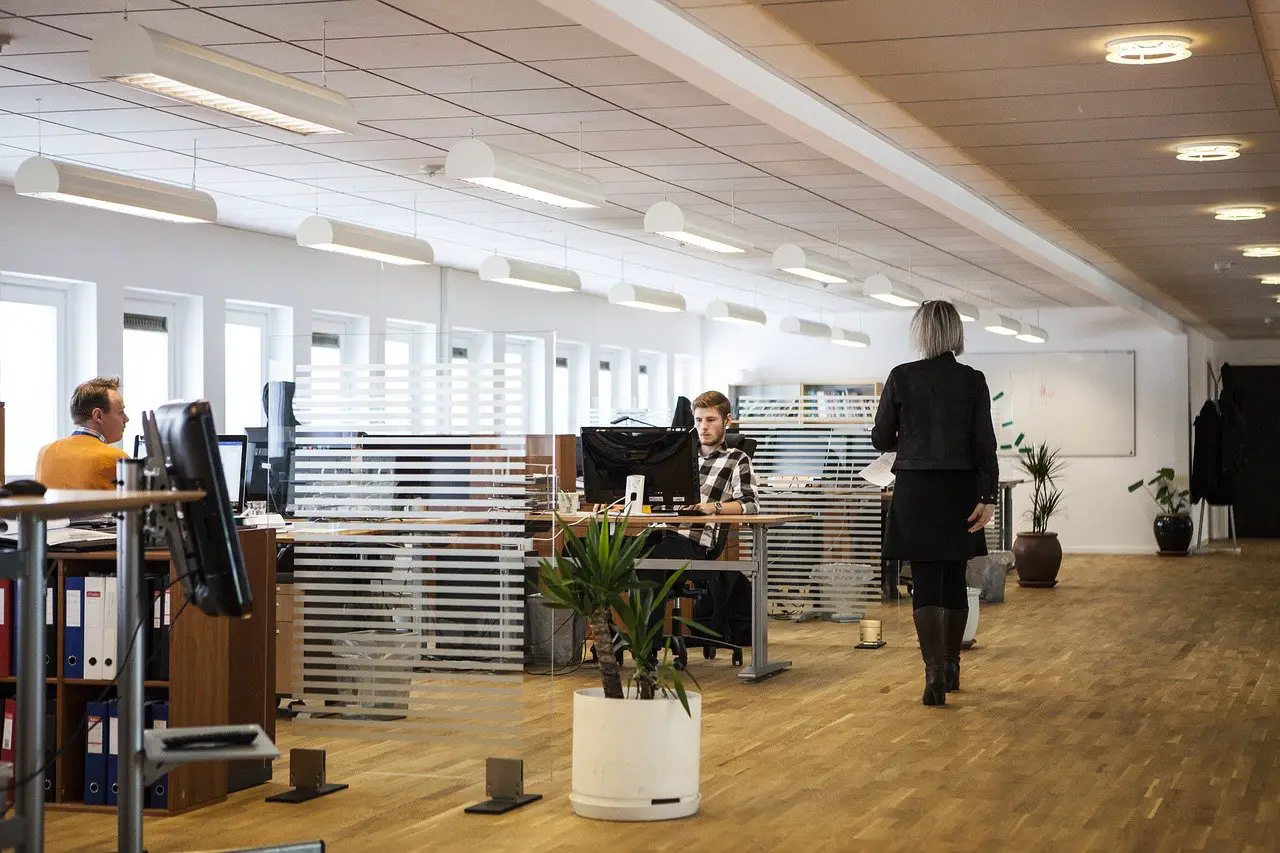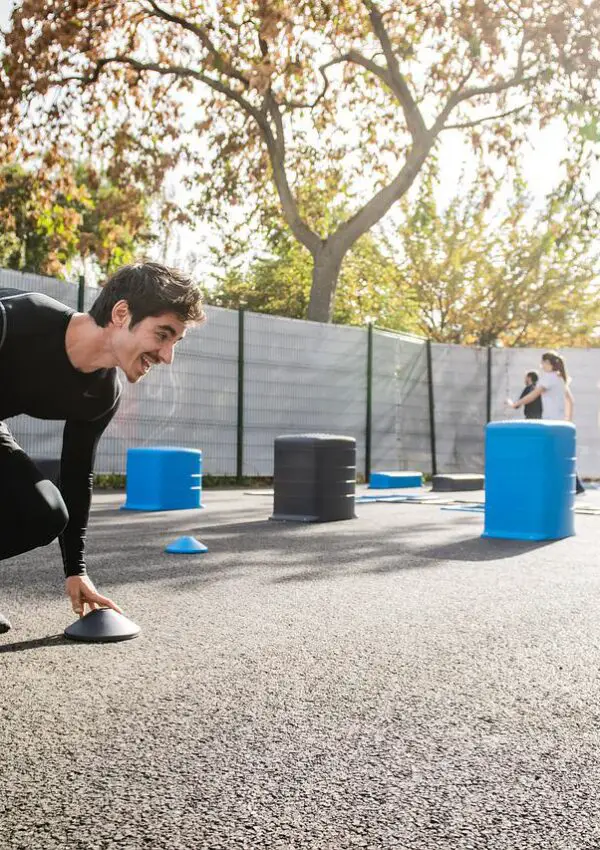
Workplace etiquette refers to proper behaviors that make work environments polite, respectful, and pleasant places to be.
While workplace etiquette varies from office to office, comprehending basic office etiquette practices helps things run smoothly.
With more staff resuming office post-Covid, workplace etiquette will reduce employee stress and conflicts and ultimately improve productivity.
The best office etiquette rules include, knocking before you enter, dressing appropriately, maintaining a clean work environment, and respecting personal spaces. Most companies set up a uniform code of conduct for their staff to abide by. Etiquette fosters a friendly and collaborative work atmosphere, while also enhancing employee effectiveness and the company’s capacity to achieve goals.
Workplace etiquette creates a better company culture. Although we can refer to office etiquette rules as basic manners, some employees still need to be reminded of the office etiquette dos and don’ts.
10 Office Etiquette Rules
Below are some of the best office etiquette rules.
● Recognize Personal Space
We all cherish our personal spaces. Personal space is the distance we choose to keep while relating to others.
Therefore, we are likely to feel uncomfortable when someone talks so close to our faces or ears or when they follow us too closely.
When people invade our personal space, we get uncomfortable. Some people may experience anxiety, sweating, or even downright anger.
Office rules should be well explained to new joiners in a handbook. It should cover everything from inappropriate contact initiation outside the workplace or on social media, workplace romance, professional interactions, working with different personalities, and being culturally respectful.
● Dress Appropriately
Maintaining a professional appearance can earn you respect at your place of work. How you dress, communicate, and use body language can significantly impact how others view you.
Dress professionally in clothes and accessories designed for a professional workplace. Professional outfits are modest, free of images and graphics, clean, and free of rips, stains, or holes.
● Be Clean
Being clean will create a healthy environment for other employees and help the company become more productive and efficient.
A messy workplace characterized by cluttered desks, leftover food, or waste papers can lead to the misplacement of documents, increased stress, and heightened self-consciousness that can distract focus.
Basic office etiquette rules dictate a clean work environment for better productivity.
● Keep Chatter to a Minimum
Socializing with your co-workers can boost productivity and teamwork. However, it can turn out to be a distraction if not moderated. Gossip ruins reputations and creates a toxic work environment.
We can all agree that negative gossip can fuel negativity, cause tension, or even abuse. Keeping chatter to a minimum can increase productivity, morale, and discipline.
● Be Polite in All Communication
Being polite fosters positive interpersonal communication at work. Being polite also means understanding the conditions of others, being aware of other people’s feelings, and displaying empathy.
When people notice politeness, they respond in kind allowing your message to be delivered and responded to in ways you want.
Communicating politely can turn around challenging situations and build strong relationships at work.
- Be Punctual
Getting to work on time is essential since it shows your coworkers and managers how successful your time management skills are.
Some businesses hold morning meetings daily to kick off the workday, so arriving on time might help these meetings get underway. This protocol exhibits respect for your teammates and job while reinforcing your dependability.
You can have unforeseen events that make you late for work. Such occurrences are OK as long as they are infrequent.
- Practice Mindfulness
When you engage in workplace mindfulness, you demonstrate your capacity for cooperation and teamwork. To avoid upsetting your coworkers, you can, for instance, hold the door open for them and keep quiet as you move around the workplace.
Sometimes, completing your tasks depends on your team members finishing theirs first. When the roles are reversed, consider doing your job precisely and fast so others can start theirs. Offer assistance when possible.
- Be Personable but Professional
You can choose to discuss details about your personal life with others, but you should exercise caution when doing so because some coworkers might be more open while others may decide to keep their personal lives private.
Likewise, you might want to postpone emails, personal calls, and other activities until after business hours. It’s acceptable to include personal touches in your workstation, but keep in mind that your coworkers will view the area and take it as a reflection of your professional personality.
- Pay Attention in Meetings
This entails refraining from checking mail, texting, and answering calls. Failing to pay attention increases the likelihood of missing out on important details. It even gets worse if you’re the one who convened the meeting, but allow such distractions to divert your attention.
- Knock Before Entering
Before entering an office, knock. It’s a way of alerting someone of your presence. If your colleague works in a cubicle that lacks a typical door, tapping on the cubical wall will work fine. If they are immersed in their job, invite them to stop by when they are less busy or schedule a time to stop by later and chat.
Importance of Office Etiquette
The following are some benefits of having office etiquette.
Respect Among Co-workers
Workplace etiquette is crucial since it can foster respect among coworkers. A climate of cooperation is fostered through using good manners. As a result, every team member will feel valued and understood, which is important to achieving the goals of the company. The effectiveness of the team will also be increased by setting clear behavior expectations among co-workers.
Shows Professionalism
Your professionalism and the principles which support your self-motivation are portrayed through your behavior at your workplace. Through constant practice and observation, you can employ considerate, polite and resourceful manners to improve your working relationships and career. When your employer and coworkers recognize your professionalism and responsiveness, they are likely to support and promote you.
Closing Thoughts
Work has changed over the Covid-19 pandemic period. However, that does not mean that employees should forget office etiquette dos and don’ts.
As we slowly get back to working on-site, let’s remember that office etiquette rules are about respecting others, leading to teamwork and better communication.





